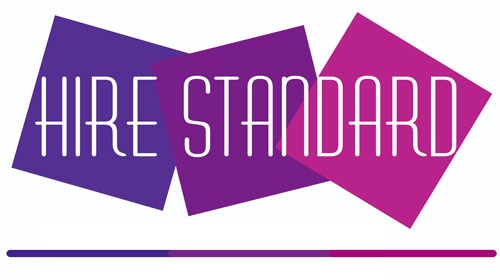Are temp-to-hire positions more risky because they are not “permanent” positions to start? Not necessarily. Think about it as a probationary period. After all, permanent positions are not necessarily “permanent” are they? Companies usually have a probationary period that lasts about 90 days (and benefits are not always available until the probation is successfully completed). Should your skills prove to be subpar or if you are not a good fit, the company can terminate your employment during the probation.
Temp-to-hire positions work very much the same way. During the temp period, the employer is assessing your skills. However, you also have the benefit of observing the potential employer and the work environment as well. This is the perfect opportunity to see if you would like to be a part of a particular organization. The company is observing you and you get the chance to observe them in return. If the match is positive, you can accept the position if the employer wants to make a hire. The risk? The position may not work out, after all. But you take a risk when accepting a permanent position, right? You leave your current position to take another possible opportunity. And if you are not currently employed, you do not have anything to lose anyway. You would be working towards a full-time, permanent position. Either way, neither hiring method can give a guarantee. You may find you are not a good cultural fit, cannot do the job or the position was a bit different than expected. Companies have a probationary period for these reasons. They want to see if making the commitment to hire you will be worth it. At least a temp-to-hire position gives both parties a “probationary period”. The client is not the only one with the advantage. Obviously, you still should treat it like a permanent position because if you want it, you can show the potential employer that you would be the best candidate. And if not, still give 110% but you have the option of turning down the offer. And if you are still in good standing with your staffing agency, you can be considered for another future opportunity.
Also, temp-to-hire positions can be beneficial in other ways. If there happens to be an issue, your staffing agency can be your advocate. You have the opportunity to discuss your concerns. In most cases, the staffing agency will help you to resolve them. The situation can be an issue with your employer or it can be an issue on your end. Many times, the staffing agency can open the lines of communications between you and the employer. They can be the objective 3rd party as problems are brought to the table. A chance you may not have during a permanent hire situation. And typically, the agency will also negotiate to give you a good salary (especially advantageous if you have difficulties in the negotiating arena).
Do not turn down an opportunity because it comes in a different package. You may find both hiring methods can be successful in securing a great job.

